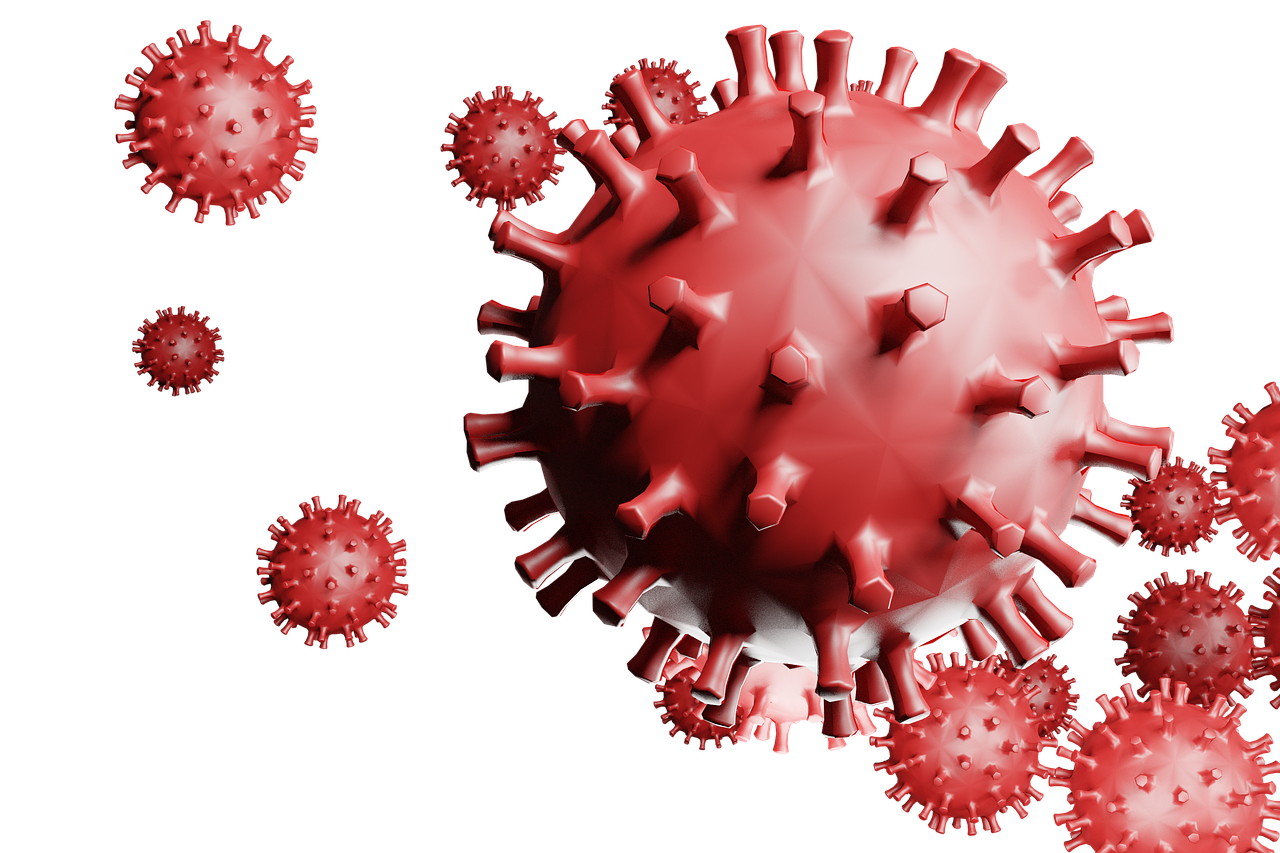Covid-19 Vaccines do not affect fertility among couples trying to conceive. But, not getting vaccinated and harbouring a SARS CoV2 infection can cause a transient reduction in male fertility, according to a paper published in the American Journal of Epidemiology.
The Research paper covers a cohort study of covid 19 vaccination, SARS CoV2 infection, and fertility performed at Boston University School of Public Health. The study, as researchers say, is a prospective study involving a large population size with diverse geographical regions, medical factors, lifestyle, and partner information. The study also included couples who remained unvaccinated, reasoning fertility concerns of the vaccination.
The study’s lead author and Research Assistant Professor of epidemiology, Amelia K Wesselink states “Our study shows, for the first time, that COVID-19 vaccination in either partner is unrelated to fertility among couples trying to conceive through intercourse.” “Time-to-pregnancy was very similar regardless of vaccination status.” she further adds.
The couples vaccinated with Pfizer-BioNTech, Moderna, or Johnson & Johnson vaccines and trying to conceive found no association between COVID-19 vaccination and fecundability or the probability of getting pregnant in female or male partners within one menstrual cycle.
Even women with SARS Cov2 infection could see no strong association with the likelihood of conception. However, as per the study, men with SARS CoV2 infection showed a short-term decline in male fertility ruling out the possibility of the Covid19 vaccination impacting fertility.
It is covid that reduces fertility in men, not the Vaccine
According to the study by Amelia K Wesselink et al., men who have tested positive for COVID-19 infection within 60 days of a given menstrual cycle showed reduced fertility for a short period compared to men who never tested positive or men who tested positive at least 60 days prior. Thus, supporting previous research linking COVID-19 infection in men with poor sperm quality and other reproductive dysfunctions.
A significant aspect the study highlights is that the research and findings of this study identify no links between vaccination and adverse pregnancy outcomes.
Lauren A Wise, a professor of epidemiology and a senior author on the cohort study, resonates with the study’s indications that SARS CoV2 vaccinations do not impact fertility among couples trying to conceive. But, a SARS CoV2 infection causes short-lived infertility in men which may be avoided with vaccination.
And So, Lauren Wise’s advice to couples aiming to start a family is to get a Covid-19 shot as early as possible.
REFERENCE:
A prospective cohort study of COVID-19 vaccination, SARS-CoV-2 infection, and fertility
Amelia K Wesselink et al, American Journal of Epidemiology, https://doi.org/10.1093/aje/kwac011; Published on 20 January 2022




